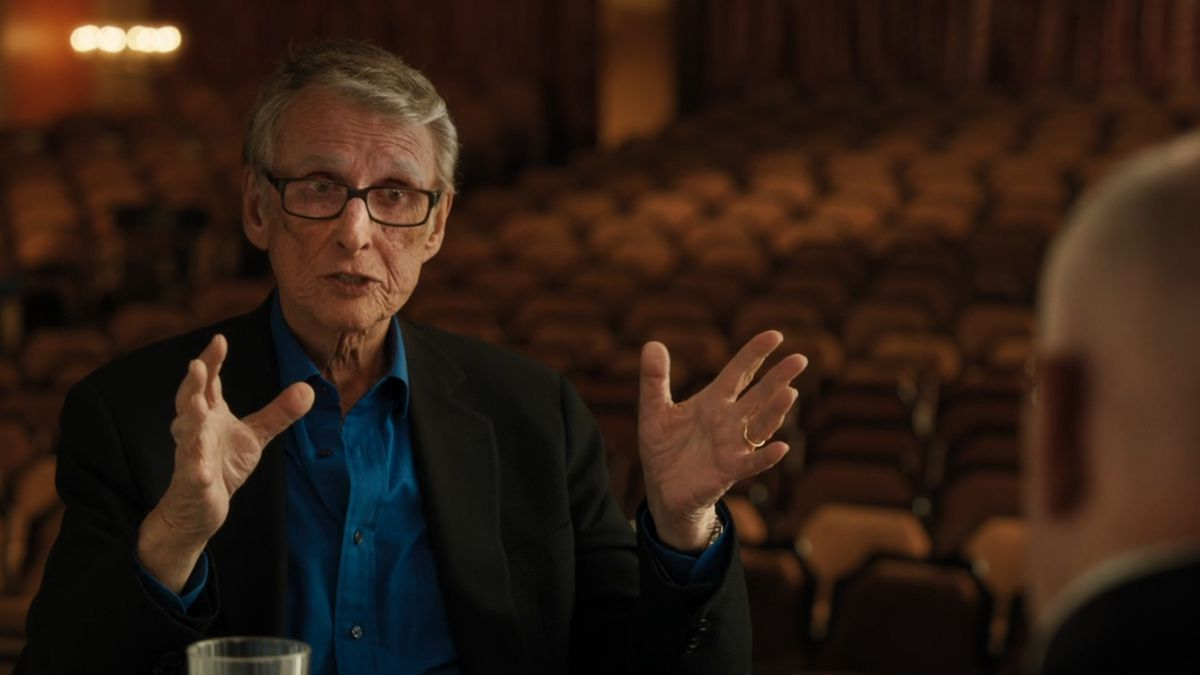
“There are only three kinds of scenes: negotiations, seductions and fights. I’ve finished. That’s all. All scenes come in one of those three categories. […] How often have you rehearsed a scene for two weeks, and said “O my God it’s a fight!”… And you can do the same with seduction, and, most of all, with negotiations, because that’s mostly what we do in life, especially at home.”
This quote is one of the many stimulating thoughts director Mike Nichols shared in a wonderful HBO documentary on his life.
Even if the quoted passage is about theatre acting, Nichols’ words can be easily applied to cinema and screenwriting.
Nichols bases his synthesis on the observation that life constantly offers examples of the three afore mentioned kinds of situation, and that good drama is aware of them.
I would also add another reason. These three situations are particularly suitable for drama because in all of them there are both conflict (it’s obvious in a fight) and subtext. Let’s focus on the latter.
In a fight, those involved are often afraid of the costs of direct conflict – of hurting and being hurt – and tend to refer indirectly to the bone of contention. This becomes what lies beneath their conversation.
In the second case – seduction – the seducer flatters and whets, trying to influence and guide the other’s want towards a desired aim. If all this was too on the nose, the other guy would felt undervalued, offended, or, simply used. That’s why it’s better for the seducer to count on subtext.
On the other hand, negotiation is like a poker game. Each counterpart hides his/her agenda – protects what he/she wants the most by avoiding to mention it openly. Each one hints at his/her real goal to test the other guys’ attitude and his/her possible reaction – to take time to study the field. They hope the counterpart will get the implied point and they give them the time to reflect on it, before the request is made explicit.
Besides the thoughts on what’s drama is about, the documentary is really a rich dish. Nichols recalls his experience in passing from Broadway to Hollywood; he talks about the metaphorical power of movies and, especially, of black and white; he focuses on the discussions he had with screenwriters Buck Henry and Calder Willingham about the spine of The Graduate, and on how he obtained from Dustin Hoffman and Katharine Ross the ending he had in mind.
Definitely worth seeing.

Be First to Comment